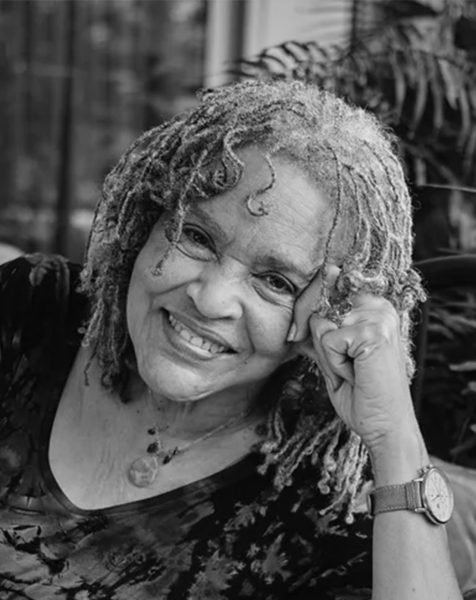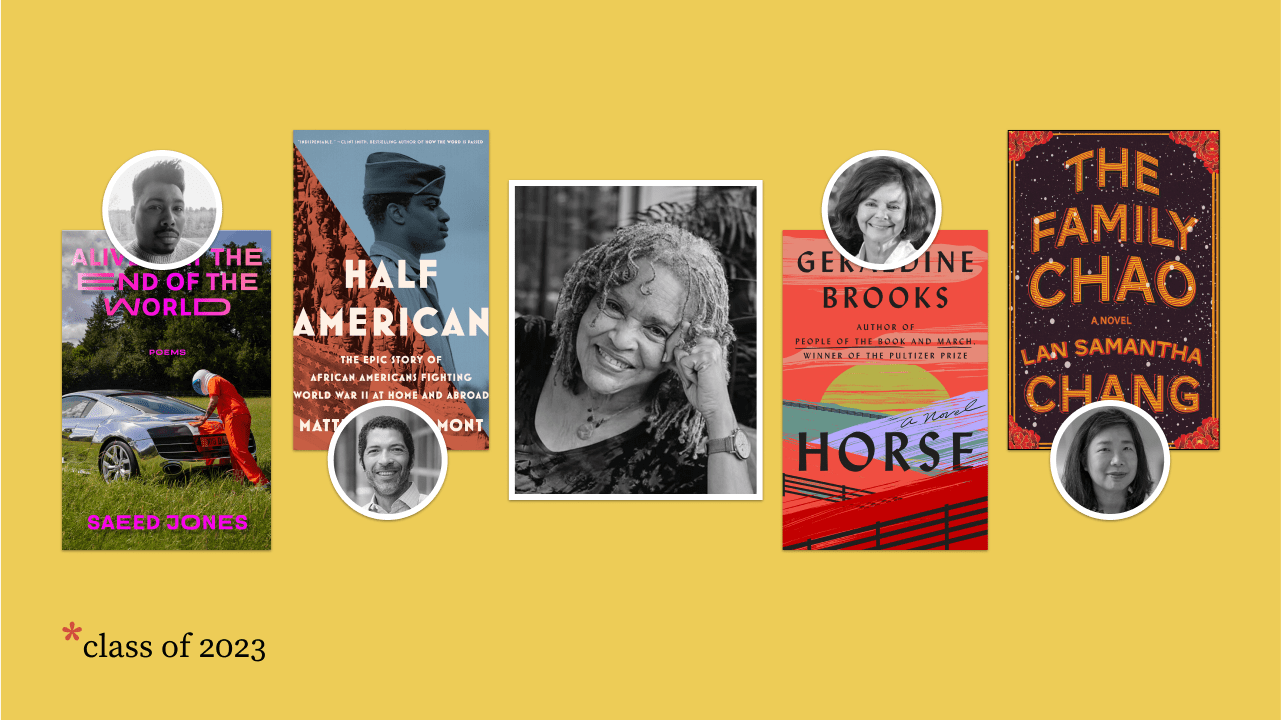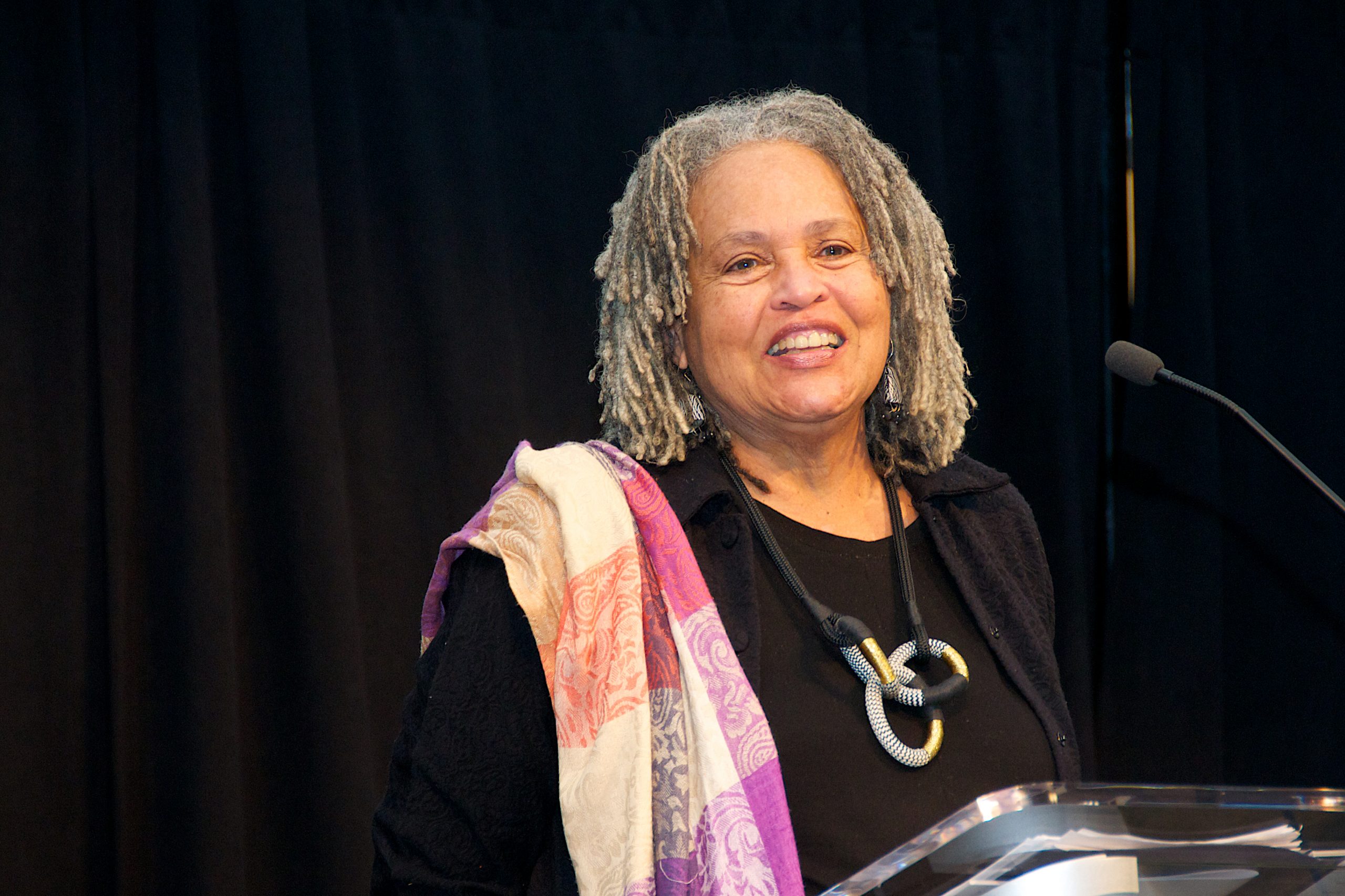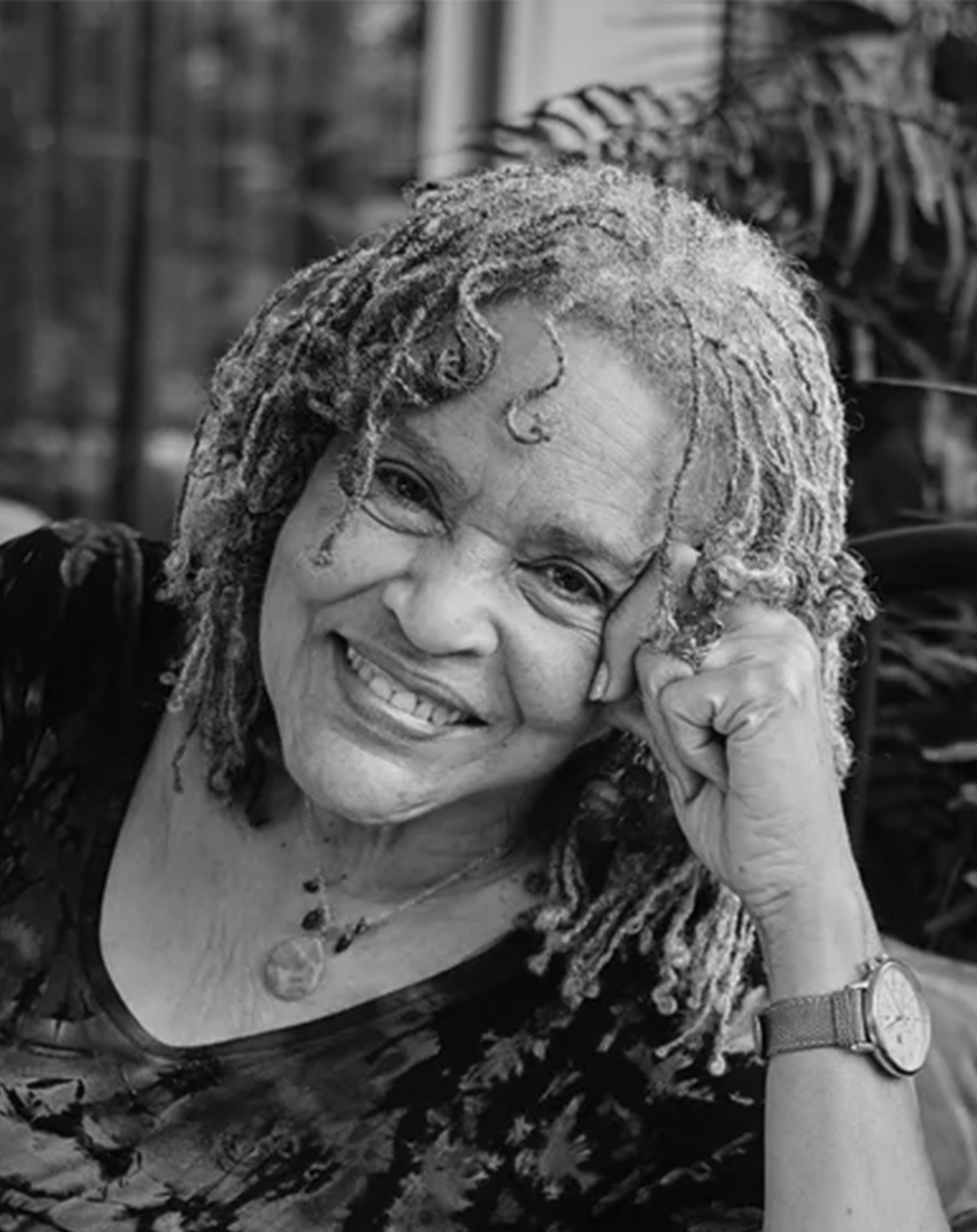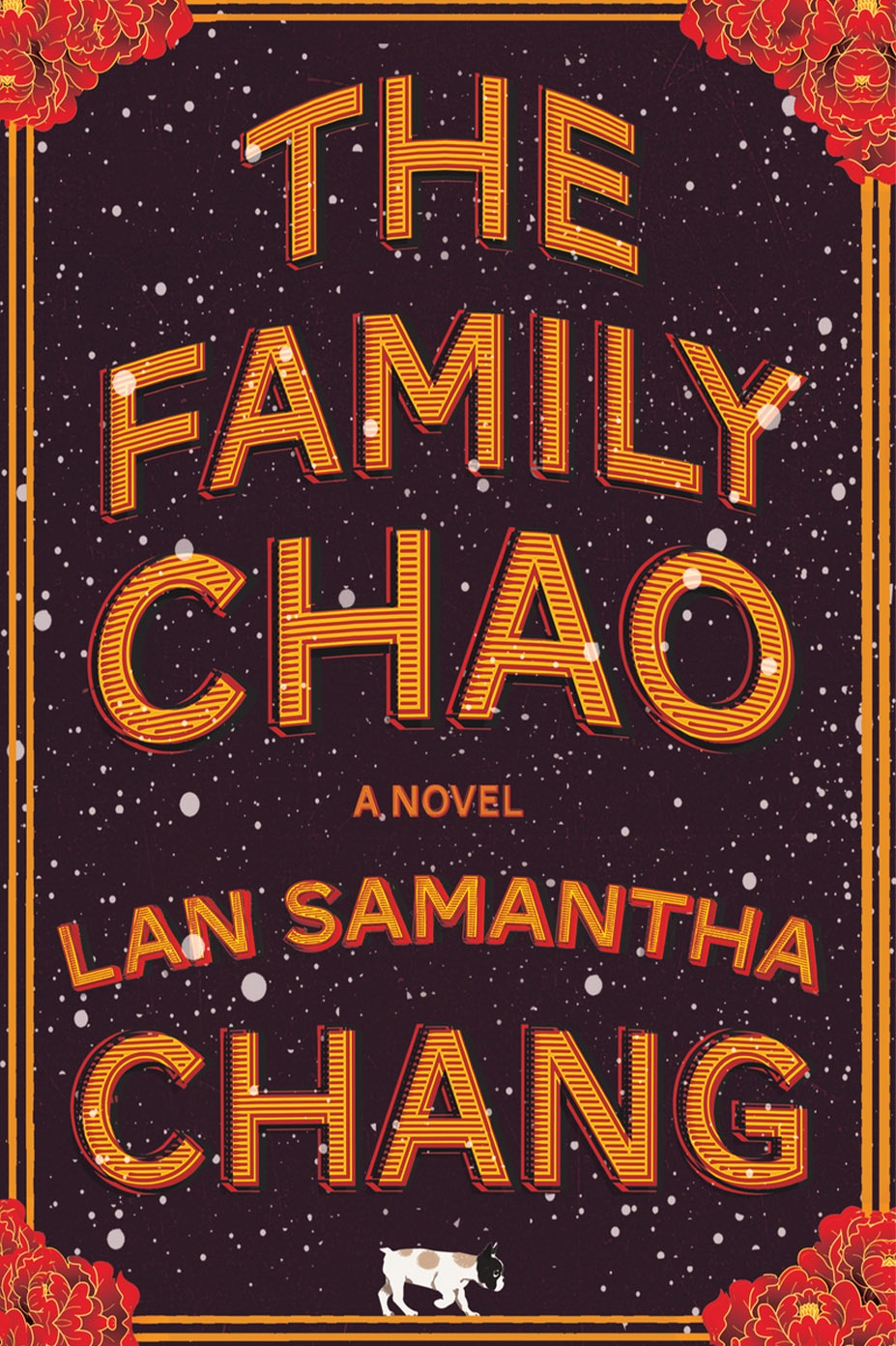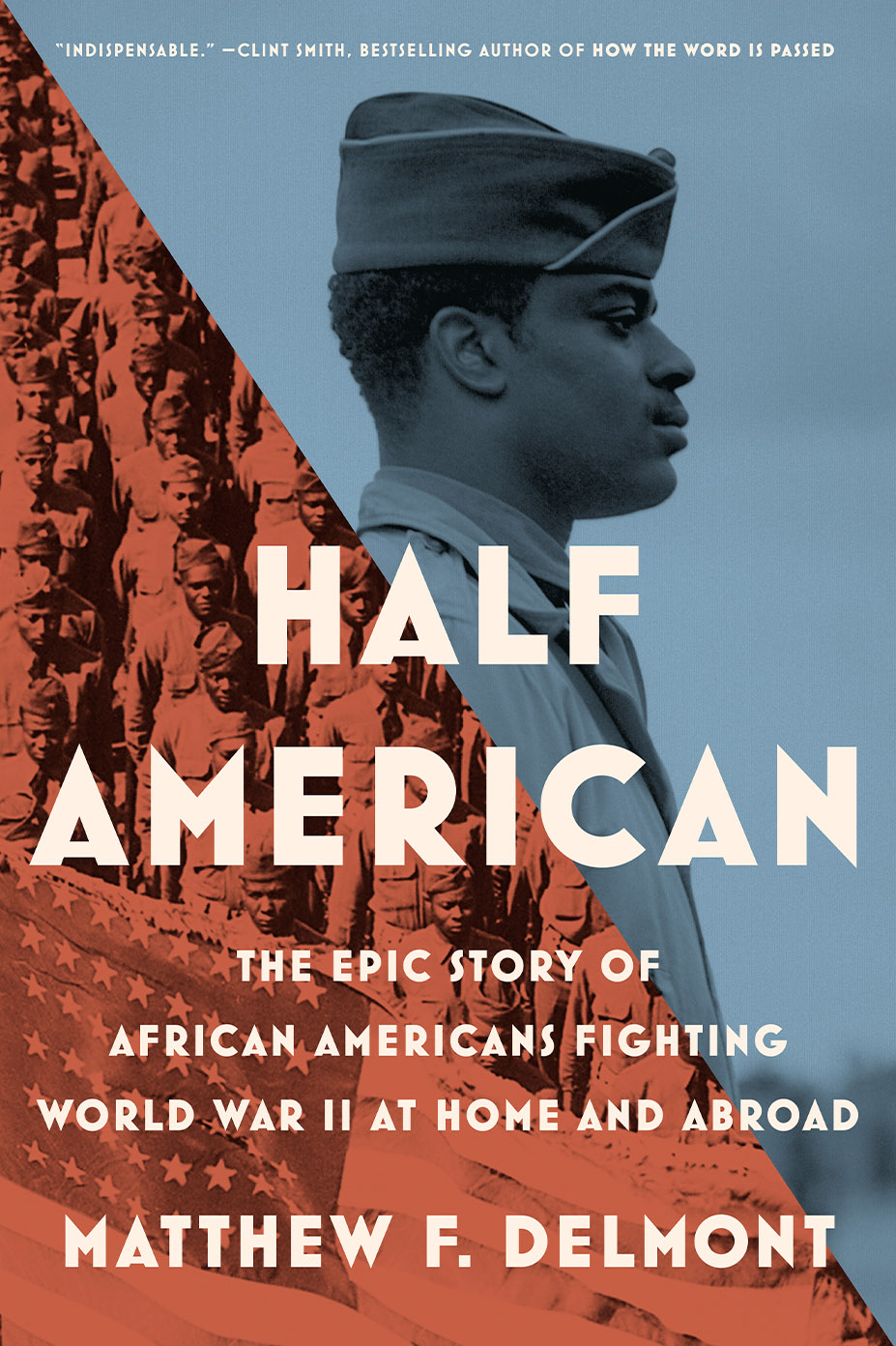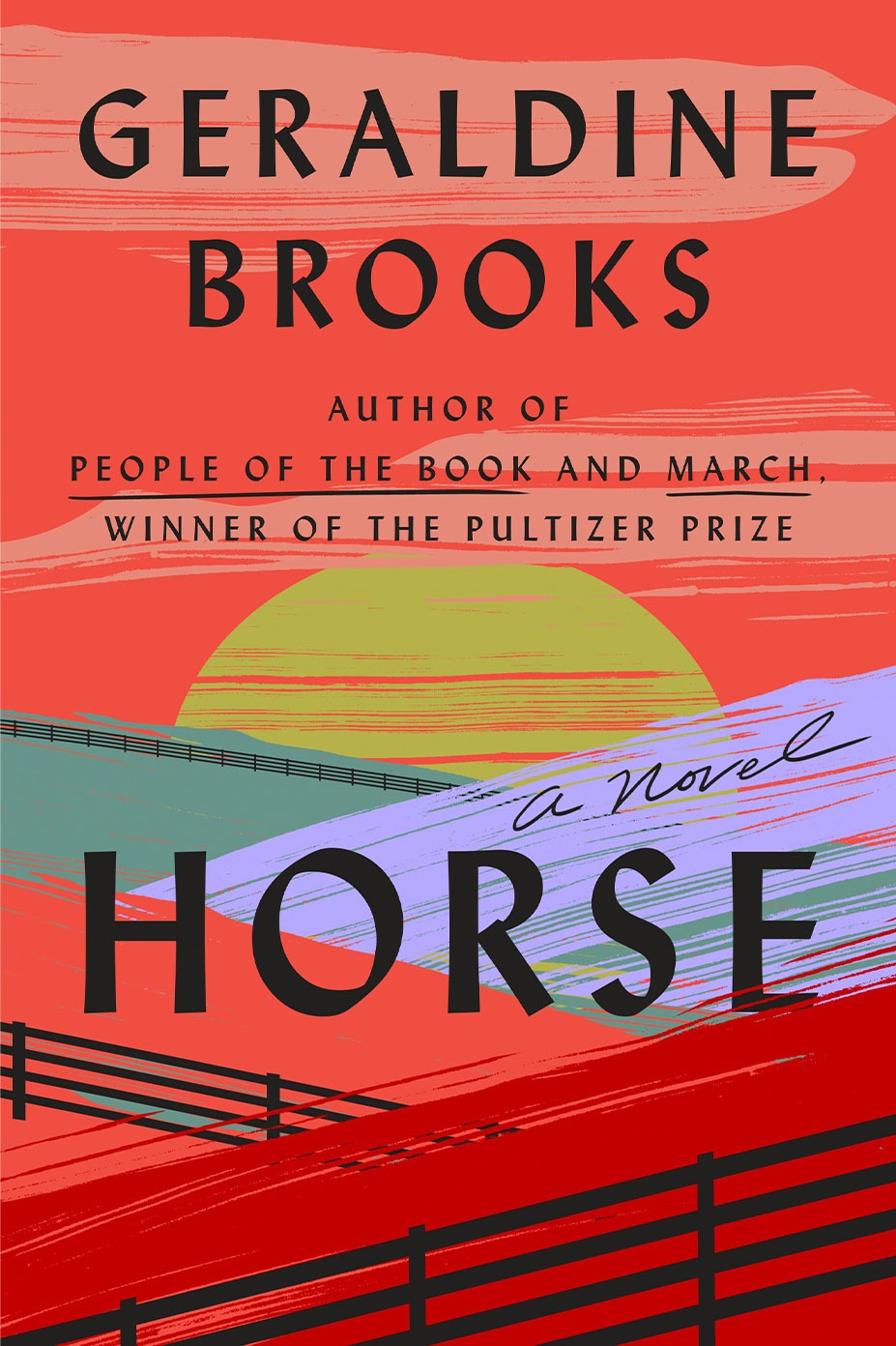Seventy years ago, as a young child in Covington, Georgia, Charlayne Hunter-Gault sat at her grandmother’s knee each evening, waiting for the older woman to finish reading her newspapers so Charlayne could see the comics. Brenda Starr, reporter for the New York Flash, electrified the little girl in pigtails.
“I loved Starr’s life of adventure and romance – the fearless way she traveled the world, the clever way she figured things out,” Hunter-Gault writes in her 2022 book, “My People: Five Decades of Writing About Black Lives.” From that spark, young Charlayne grew up to collect fistfuls of reporting awards in broadcast and print. She was among the first to interview Nelson Mandela upon his 1990 release from the notorious Robben Island prison in South Africa.
But the mango-tree climbing tomgirl, whose Florida grandmother required her to memorize a Bible verse a day, needed to scale journalism school first. While still a teenager in 1961, she and fellow Henry McNeal Turner High School classmate Hamilton Holmes desegregated the all-white University of Georgia. They were met with violence, rioting, vandalism and taunts.
In her Twitter bio, Hunter-Gault defines herself as a journalist, author and lecturer. But the wider world considers her a civil rights icon, recalling that she persevered, even when her clothes were covered with glass shards, splintered from a brick thrown through her dormitory window during two nights of rioting and tear gas over her temerity for being there.
For a long time, Hunter-Gault, now 81, resisted the mantle. “I didn’t go to the University of Georgia to be a pioneer,” she told Jeh Johnson in a 2023 interview on WBGO-Atlanta. “I went to be a journalist; that was uppermost in my mind.”
She endured days of almost no one speaking to her, nights of girls pounding down from above on her dormitory ceiling to deny her sleep. Calvin Trillin, writing for Time Magazine, telephoned on her second day, offering to bring her a pastrami sandwich, a gesture she remembers partly because there were no such sandwiches for sale in Athens, Georgia.
In her 1992 memoir, “In My Place,” Hunter-Gault casts these tribulations as less a story of personal courage than one piece of the larger struggle of the Black community, bolstered by its own history of accomplishment.
“It is a story,” she writes, “of values. My family’s values and those of the community that shared them. Values that are timeless, transcendent and inclusive of all people who treasure and celebrate the limitless potential of elevating the human condition.”
Psalm 23, Hunter-Gault often says, came in handy too: “Yea, though I walk through the valley of the shadow of death, I will fear no evil.”
A talented and lyrical writer, young Charlayne had edited The Green Light, her high school newspaper. She felt armored, too, by her high school introduction to the history of crusading Black journalist Ida B. Wells.
As a college undergraduate, she worked one summer as the first Black intern reporting for The Louisville Times. She attributes some of the grace in her writing to the family immersion in the Bible – her father, Col. Charles Shepherd Henry Hunter, Jr., was an Army chaplain. Her mother, Althea Brown Hunter, created the name Charlayne for her first-born as the couple managed their disappointment that she wasn’t a boy.
When Charlayne Hunter graduated from the University of Georgia in 1963, William Shawn, editor of The New Yorker offered her an entry-level position. She later became the first Black journalist to write for “Talk of the Town.”
“I’ve had a charmed journalistic life in that the news organizations I’ve worked for or been drawn to, I guess, were those that really were after substance,” Hunter-Gault told an audience at the John F. Kennedy Library in 2007. “I worked for The New Yorker for four years. I wrote some fiction. I wrote some ‘Talk of the Town.’ And yet I felt like I wanted to get in the street. I wanted some hard journalism. I mean, I left The New Yorker. Nobody could believe that.”
The assassination of Rev. Dr. Martin Luther King Jr. interrupted graduate school. Hunter-Gault felt compelled to return to a newsroom, joining the local NBC affiliate in Washington, D.C. and concentrating on issues affecting people of color. She then went to The New York Times, where she convinced it to open its first bureau in Harlem. In 1969, she wrote an 11-page memo that convinced the white editors to stop calling Black people “Negroes,” a breakthrough she describes in the Oscar-winning documentary “Summer of Soul.”
Speaking to Sarasota Magazine, where she and her husband Ronald Gault live part of the year, she said, “Often overlooked in coverage are the positive experiences and stories of the Black community and culture. This is one of the reasons I was able to convince Arthur Gelb, the influential New York Times editor, to let me open the Harlem bureau. My argument was that we can’t get to know people of the Black community by popping in and out. In the end, he agreed to let me do it.”
This insistence on crafting complete stories became a through-line in Hunter-Gault’s journalism. She joined PBS in 1978 and became lead national reporter for the MacNeil/Lehrer News Hour in 1983. She earned multiple Emmy and Peabody awards. The Peabody for her coverage of Africa for National Public Radio declared that she “demonstrated a talent for ennobling her subjects, and revealed a depth of understanding of the African experience that was unrivaled in Western media.”
Hunter-Gault sized up Western coverage of the continent as obsessed with “the four d’s — death, disease, disaster and despair,” a posture she complicated with her nuanced work — “you have to go there to know there.” She went on to serve as CNN’s Johannesburg bureau chief from 1999-2005. In 2006, she published the book “New News Out of Africa: Uncovering Africa’s Renaissance.”
Hunter-Gault’s 1963 marriage, to University of Georgia classmate Walter L. Stovall, ended in divorce nine years later but cemented a life-long friendship. The couple withstood the Georgia governor declaring their marriage “a shame and disgrace” and the state’s attorney general threatening prosecution (Stovall was white). Their daughter, Suesan Stovall, is a singer and artist.
Hunter-Gault married Ronald Gault in 1972. Their son Chuma Gault is an actor and director. The Stovalls and Gaults celebrated many holidays together. Hunter-Gault consistently calls out critics generalizing about white people, including her first husband, and points out that many whites have sacrificed for the U.S. Civil Rights Movement, some with their lives.
In 1988, the distinguished journalist became the first Black person to give the commencement address at the University of Georgia. Today, having earned dozens of honorary degrees, she unabashedly cheers on the Bulldogs. “As I got older, the university began to reach out to bring me back, and Hamilton (Holmes) as well,” Hunter-Gault said of her relationship to her alma mater, which has named a building in the pair’s honor. “They made an effort. And when I saw the impact of our presence on the young Black people especially, but also on the young white people, I began to see it in a slightly different way. I think at the 40th anniversary, I couldn’t anymore deny the fact that this was a moment, not so much about myself as about the moment of history when the entire South was galvanized in a way, and the entire country, to support what was right and just about America.”
